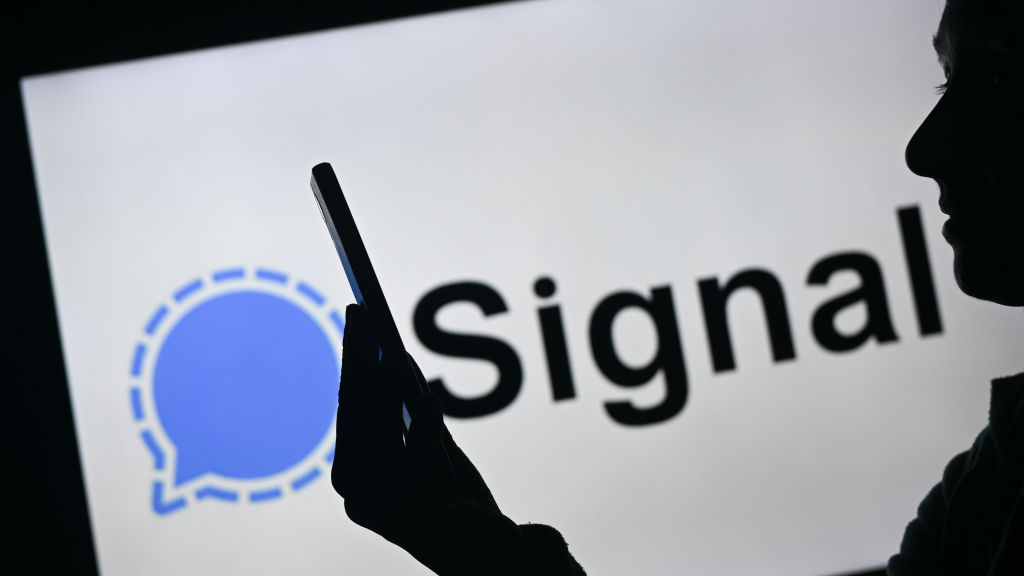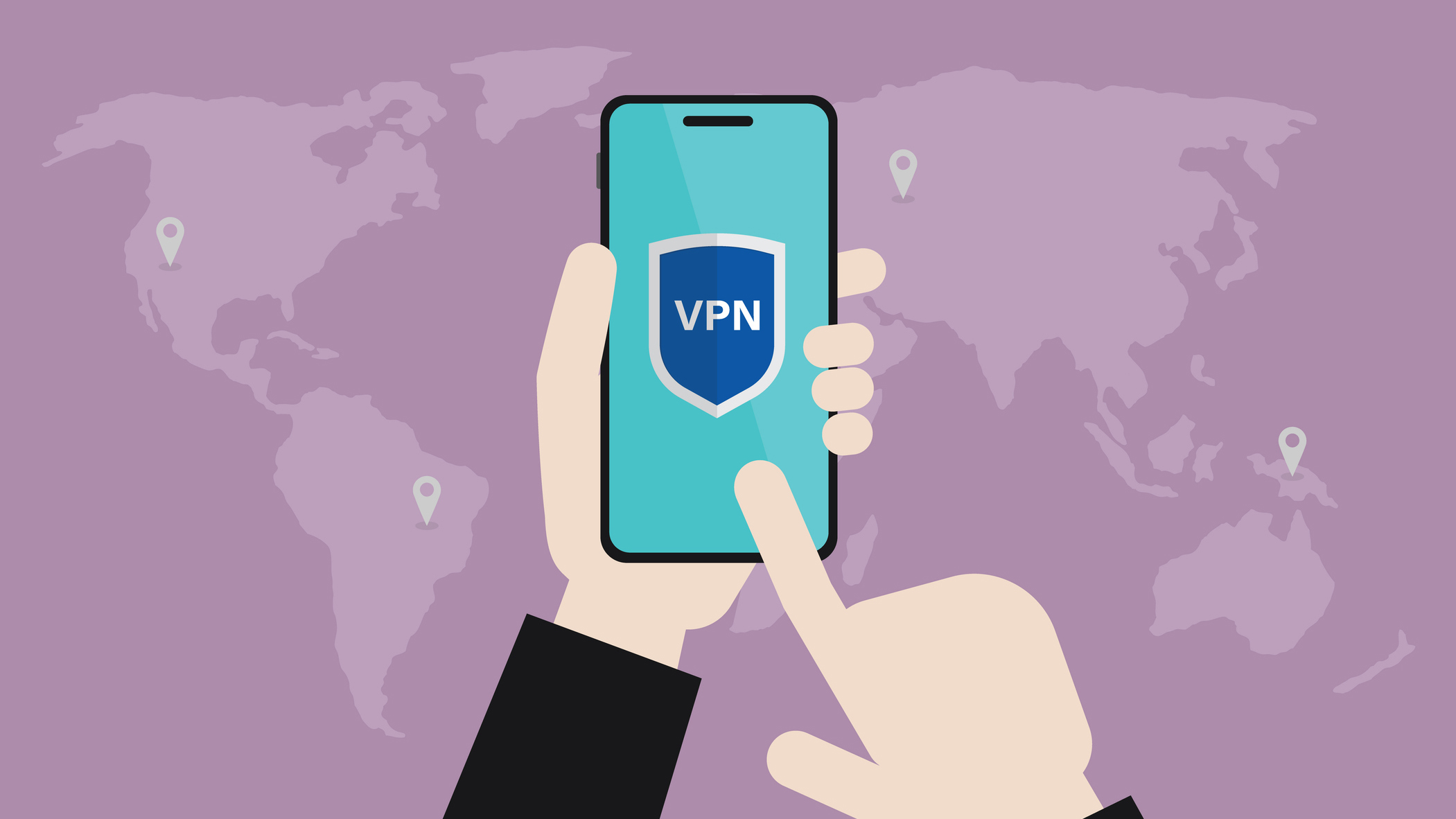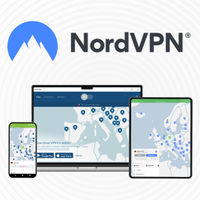How to unblock Signal with a VPN
As Signal faces fresh bans, here's how a VPN can help

Signal is one of the most trusted open-source communication apps on the market today. Formerly known as TextSecure, Signal uses the Signal protocol to provide its strong privacy features (hence the name).
Signal also uses end-to-end encryption to secure messages by default, making it nigh-impossible for any third party to intercept or monitor them. It's widely favored by individuals who prioritize confidentiality, from journalists and activists to those who value secure communications.
This level of security is precisely why countries with strong surveillance policies like Russia and Venezuela want to ban Signal. In Russia, Signal was banned for allegedly violating anti-terrorist laws, while in Venezuela, the block followed a contentious election marred by political unrest.
If you're in one of these regions, a journalist who relies on Signal for anonymity, or a privacy-conscious user, unblocking Signal is crucial. The good news? Today's best VPNs are the fastest and most effective way to regain access.
NordVPN - from $3.39 per month
The best VPN for most people
NordVPN boasts more than 6,000 servers in 110 countries – which ensures that you'll have your pick of places where Signal isn't banned. ISPs in Russia and Venezuela might try to stop you from using a VPN but, fortunately, NordVPN's obfuscated (cloaked) VPN protocols allow you to disguise your traffic as normal browsing traffic so the authorities will be none the wiser. Add tough AES-256 encryption and an audited no-logs policy to the mix, and NordVPN is hard to beat from a privacy perspective. Plus, if you're not satisfied, a 30-day money-back guarantee allows you to try it risk-free.
How to unblock Signal with a VPN
If you're running into errors when signing up for Signal or using the client app, here's how you can get around pesky blocks and bans with a VPN:
- Choose a VPN: I recommend NordVPN – it unblocks tons of apps and platforms and offers best-in-class privacy and security features. Make sure any VPN you download comes from a trusted source, however, as you might not be able to access the VPN website from inside Russia or Venezuela.
- Pick your plan: Find the subscription tier that fits your needs (and budget) and download the app that matches your device – Windows, Mac, Android, iOS, etc.
- Log in: Once you've installed the app, simply log in with your credentials.
- Connect to a server: You'll need to connect to a server in a country where Signal is readily available. I'd suggest the US or most countries in Europe.
- Open Signal: With the VPN connected, launch Signal. You should now be able to send and receive messages without issue.
Why has Signal been banned?
The recent blocks on Signal in Russia and Venezuela are part of a growing trend from authoritarian regimes to deny access to encrypted messaging apps, forcing the population back onto channels that these governments can easily monitor.
With that said, I'll go into more detail on the particular reasons both of these countries have decided to ban Signal.
Are you a pro? Subscribe to our newsletter
Sign up to the TechRadar Pro newsletter to get all the top news, opinion, features and guidance your business needs to succeed!
Russia
Access to Signal was officially blocked on August 6th in Russia. The communication watchdog Roskomnadzor gave a statement to Interfax through the press agency, saying that:
"User access to the messenger Signal is restricted due to violations of the requirements of the Russian legislation whose fulfillment is necessary to prevent the use of the messenger for terrorist and extremist purposes."
The Roskomandzor are responsible for enforcing the Russian government's various media censorship laws, including the internet blacklist law which came into effect in 2012.
Since the introduction of this law, the Roskomandzor has compiled a list of sites that ISPs are forced to block access to in order to operate inside Russia. While some of the provisions of this law ban content you'd also reasonably expect to be outlawed in the West, it's also used to silence political opponents and block access to free sources of information such as Wikipedia.
Before the official ban, Russian Signal users spotted issues – including connection glitches and error messages.
Various laws have passed, since then, requiring ISPs to store user data, record telephone conversations, ban the dissemination of content related to VPNs, and most importantly, verify all new users of a messaging service with a phone number.
Given that SIM cards in Russia are linked to passports, it's easy for the Russian government to track citizens down with nothing but a mobile number.
Signal violates a number of these requirements, so it's no surprise that the Russian government has blocked it.
This law mandates that communication platforms store data and share it with the government upon request – something Signal does not comply with, given its focus on privacy. However, what is surprising is the timing of this ban.
Before the official ban, many users in Russia noticed issues with Signal, reporting connection glitches and error messages. This timeline roughly coincides with the first Ukrainian incursion into Russia, so it's entirely possible that the Signal ban is a censorship measure aimed at stifling the spread of this news inside the country.
Despite the ban, accessing Signal through a VPN or using Signal's built-in censorship bypass mode still appears to work for many users.
Venezuela
The crackdown on Signal in Venezuela is part of a swathe of internet restrictions following a divisive election.
While Venezuela’s incumbent president, Nicolás Maduro, claimed a win with 51% of the vote, there have been calls from insiders and the international community for Maduro to cede power on the basis that the elections were neither free nor fair.
Protests erupted across the country following the election which, in turn, resulted in the government cracking down on dissent with arrests.
The ban in Venezuela is particularly troubling for journalists and political dissidents
This also includes blocking access to social media sites like X, cryptocurrency exchanges, and turning off access to apps like Signal, which are widely used by activists and opposition figures to organize and communicate securely.
The ban in Venezuela is particularly troubling for journalists and political dissidents – but there are plenty of everyday users who rely on Signal to avoid government surveillance and chat in private, too.
Given the country's history of suppressing digital freedom, it's unlikely this block is going to be lifted anytime soon.
The impact of Signal bans
In both countries, these bans have far-reaching consequences that go beyond simply denying access to a messaging app.
Journalists use Signal to ensure that their conversations are secure and confidential. They often work with whistleblowers and activists in repressive environments. Signal’s end-to-end encryption allows these sources to share information about government corruption or human rights abuses without fear of exposure.
It's also essential that other professions, like as lawyers and healthcare providers, are able to securely transmit information without risking surveillance.

Interested in how a VPN gives your digital privacy a boost? Head on over to our guide to how a VPN works.
Without the guarantee of privacy provided by encrypted messaging, there's no way to know whether or not the sensitive information these professionals solicit from their clients is being leaked into the wider world.
Marginalized groups are also placed at risk by government surveillance. When governments block platforms like Signal, it often forces vulnerable users, such as those in the LGBTQ+ community and ethnic minorities, to resort to less secure methods of communication, putting their privacy and, in some cases, safety at greater risk.
This is especially true in Russia, where anti-gay laws make it difficult to live in the country without facing persecution from both law enforcement and the general public.
FAQs
Why use Signal?
Signal is preferred for its open-source nature, end-to-end encryption, and non-profit model, which makes it more trustworthy than many commercial alternatives. It's also designed to prioritize user privacy without ads or monetization schemes.
Is using a VPN illegal?
In most countries, using a VPN is legal, but it's important to understand local regulations. Some governments, particularly in authoritarian states, have banned or restricted the use of VPNs. When in doubt, you should check your region's laws or talk to an expert for more information.
What is geo-blocking?
Geo-blocking refers to the practice of restricting access to services or content based on a user's geographic location. This is often done using the IP address, which reveals your location. Streaming VPNs mask your original IP address and assign you a new one from a different region – it's what makes them so effective at bypassing these blocks.
Disclaimer
We test and review VPN services in the context of legal recreational uses. For example: 1. Accessing a service from another country (subject to the terms and conditions of that service). 2. Protecting your online security and strengthening your online privacy when abroad. We do not support or condone the illegal or malicious use of VPN services. Consuming pirated content that is paid-for is neither endorsed nor approved by Future Publishing.

Sam Dawson is a cybersecurity expert who has over four years of experience reviewing security-related software products. He focuses his writing on VPNs and security, previously writing for ProPrivacy before freelancing for Future PLC's brands, including TechRadar. Between running a penetration testing company and finishing a PhD focusing on speculative execution attacks at the University of Kent, he still somehow finds the time to keep an eye on how technology is impacting current affairs.
